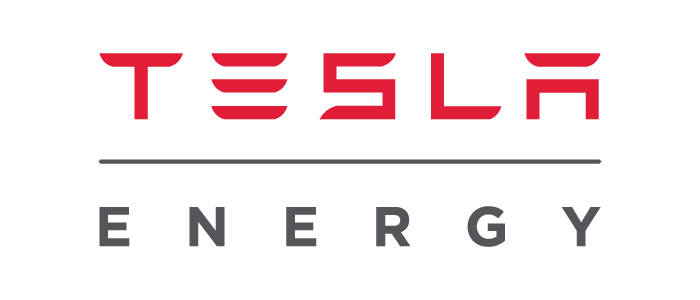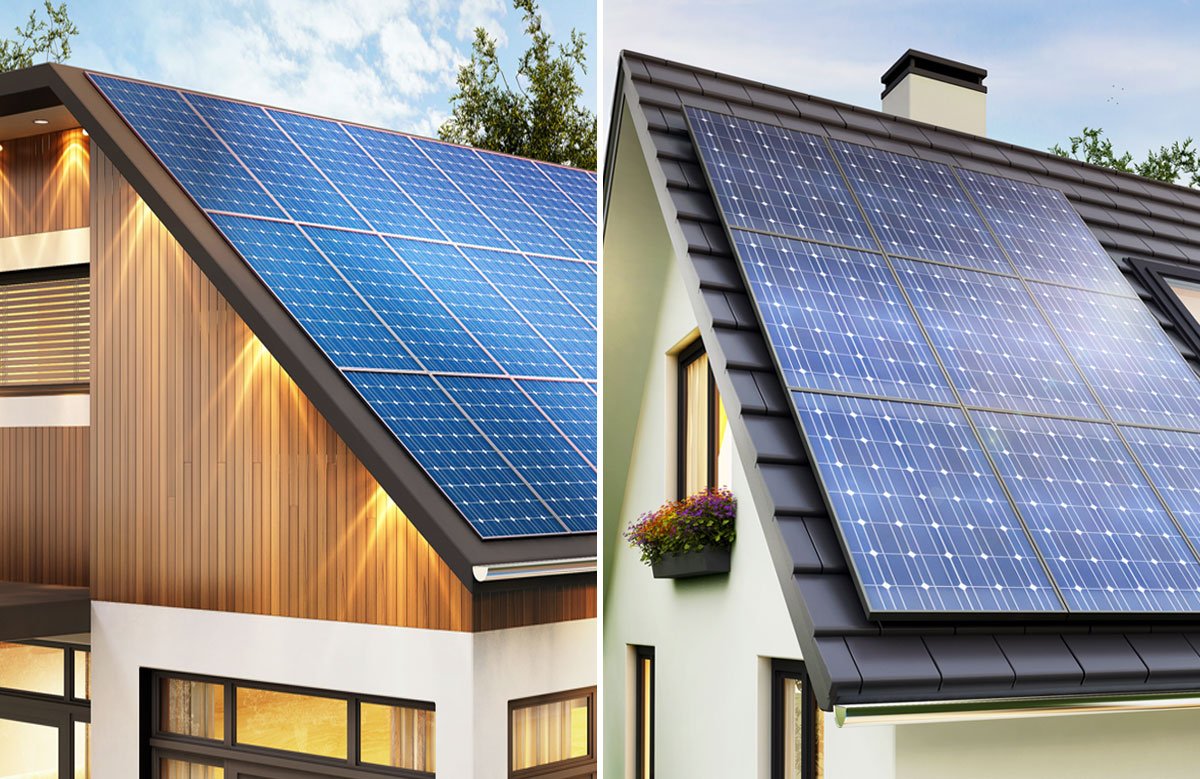Choosing the best solar company in 2024 can feel overwhelming, given the variety of options available. With numerous factors to consider, this guide offers a clear starting point to help you make an informed decision.
Location Availability
Solar installation companies vary in their service areas, with some offering nationwide coverage while others operate regionally. It’s essential to first confirm that a company can provide services in your specific location. You may either opt for a local installer familiar with your area or choose a national provider that covers your state.
Choose your state here and get information on grants, rebates, government programs and more.
Feel free to read about them below, but if you would like to get the process started, then choose one and reach out at your convenience.
BBB Rating and Accreditation
Accreditation from the Better Business Bureau (BBB) is a good indicator of a company’s reliability and commitment to quality service. While newer companies without a long track record might offer competitive pricing, established companies with solid reputations provide more assurance of long-term service and support.
If you are ready to get started, we did the research for you and found 4 solar companies with A+ ratings you can choose from below.

15
22 states
25 years

38
50 states
25 years

7
50 states
25 years

13
25 states
25 years
Financing and Promotions
Solar installation often comes with significant upfront costs, but most companies offer financing options to make the investment more manageable. Some companies may also provide promotional deals, such as referral bonuses or equipment bundles, to further reduce costs.
Ownership vs. Leasing
When considering solar equipment, you typically have the option to either purchase it outright or lease it. Buying the equipment allows you to immediately benefit from utility savings, whereas leasing reduces upfront costs but might mean long-term payments.
Consultations and Estimates
Many solar companies offer free consultations and estimates, which can be extremely helpful if you’re unsure about the type of setup you need. A knowledgeable expert can guide you through the various options and help you understand the installation process.
Customer Reviews and Ratings
Since solar installation involves work on your home, it’s crucial to hire a company you can trust. Customer reviews and ratings provide valuable insights into a company’s reliability and the quality of its service. Prioritize companies with strong, positive feedback from previous customers.
Solar Equipment Options
The type of equipment a solar company uses can significantly impact your system’s efficiency and longevity. Some companies offer a range of products from different manufacturers, allowing them to tailor solutions to your needs. Consider whether the company offers equipment suited to your climate and aesthetic preferences, including options like low-profile panels or solar roofing tiles.
Key Solar Components
Understanding the basic components of a solar system will help you make more informed decisions:
- Solar Panels: The most common panels for home use are monocrystalline, known for their efficiency and durability. Polycrystalline panels are more affordable but less efficient, while thin-film panels are lightweight and flexible, often used in mobile applications.
- Cables and Hardware: Essential for securely mounting panels and connecting them to your home’s electrical system.
- Power Inverter: Converts direct current (DC) from the panels to alternating current (AC), which is used by your home.
- Solar Batteries: Store excess energy for use during nighttime, cloudy days, or power outages. While optional, they are crucial for off-grid systems.
- Charge Controller: Manages the flow of electricity, directing it to batteries or the grid as needed. Not all systems require one, but it’s a vital component for setups that include battery storage.
- Solar Shingles and Roofing: A newer option that integrates solar technology into roofing materials, providing a more streamlined appearance than traditional panels.
When evaluating solar companies, consider how well they match your specific needs in these areas. Making the right choice can ensure a smooth transition to solar energy and long-term savings.
I am text block. Click edit button to change this text. Lorem ipsum dolor sit amet, consectetur adipiscing elit. Ut elit tellus, luctus nec ullamcorper mattis, pulvinar dapibus leo.




